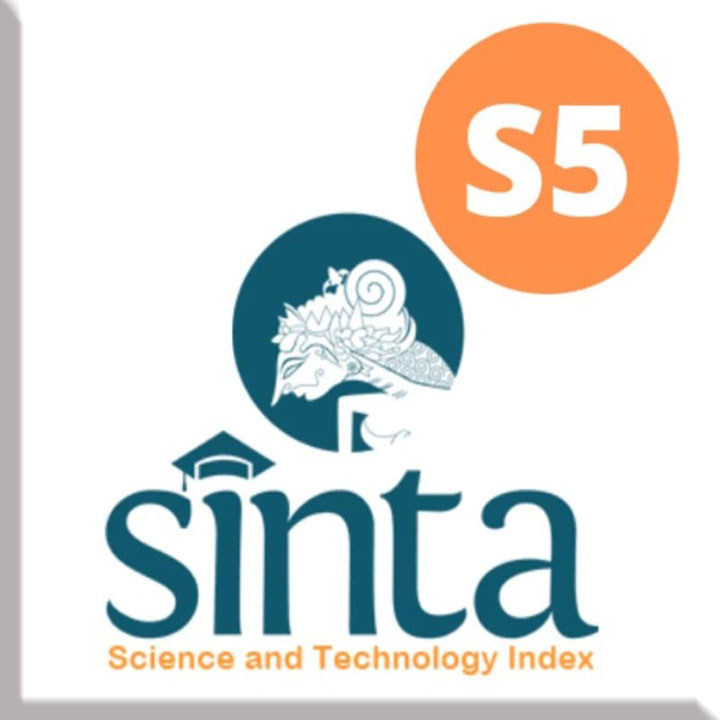Publication Ethics
Publication ethics adapted by Bakira Journal of Community Service refers to The Committee on Publication Ethics (COPE) and Regulation of the Head of LIPI Number 5 of 2014 concerning the Code of Ethics for Scientific Publications.
Publication ethics in the BAKIRA Journal uses standard principles from the Committee on Publication Ethics (COPE). COPE provides important guidance for researchers, journal editors, and publishers in maintaining the integrity of research and scientific publications. The following are several ethical principles for publications from the BAKIRA Journal that refer to COPE:
1. Peer Review Process:
- All submitted manuscripts will undergo a rigorous and unbiased peer-review process.
- Editors and reviewers will evaluate manuscripts solely on the basis of their scientific merit.
- The peer review process will be conducted in a timely manner, and all parties will maintain confidentiality.
2. Editorial Board Responsibilities:
- Editors will be responsible for maintaining the quality and integrity of the journal.
- Editors will strive to publish content that adheres to ethical guidelines and addresses community service issues effectively.
- Editors will take steps to avoid conflicts of interest in the publication process.
3. Author Responsibilities:
- Authors should ensure that their submissions are original and have not been published elsewhere.
- Plagiarism, data fabrication, and other forms of misconduct will not be tolerated.
- Authors must provide proper citations for all sources and data used in their manuscripts.
- Authors should disclose any conflicts of interest or funding sources that might influence their research.
4. Reviewer Responsibilities:
- Reviewers should evaluate manuscripts objectively and provide constructive feedback.
- Reviewers should maintain confidentiality and not use any information from the manuscript for personal gain.
- Reviewers should promptly inform the editor if they believe a manuscript contains ethical issues or research misconduct.
5. Handling Ethical Issues:
- The journal will address ethical concerns and allegations of research misconduct promptly and fairly.
- If ethical issues arise, the journal will follow COPE guidelines and recommendations in resolving these issues.
6. Plagiarism and Copyright:
- The journal will use plagiarism detection tools to check for instances of plagiarism.
- Authors must secure the necessary permissions and adhere to copyright laws when using or reproducing copyrighted material.
7. Corrections and Retractions:
- The journal will correct or retract articles when errors or ethical violations are identified.
- Corrections and retractions will be handled according to COPE guidelines.
8. Conflicts of Interest:
- Editors, authors, and reviewers must disclose any conflicts of interest that may affect their work on the journal.
9. Data and Material Sharing:
- Authors should be prepared to share data and materials used in their research with the journal, upon request, for validation purposes.
10. Transparency and Openness:
- The journal is committed to transparency and will provide clear and accessible information about its policies, review process, and editorial board.
11. Reviewer and Editor Anonymity:
- The journal respects the anonymity of reviewers and editors, and their identities will be kept confidential.
12. Appeals and Complaints:
- Authors have the right to appeal editorial decisions or lodge complaints regarding ethical concerns.
These guidelines are intended to ensure the highest ethical standards in the publication process at Bakira Journal. Authors, editors, and reviewers are expected to adhere to these principles, and the journal will follow COPE guidelines in addressing ethical concerns and promoting responsible research and publication practices.












